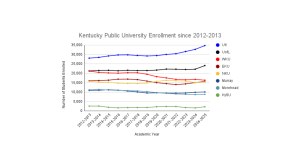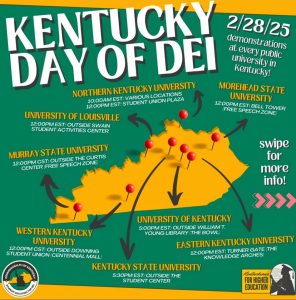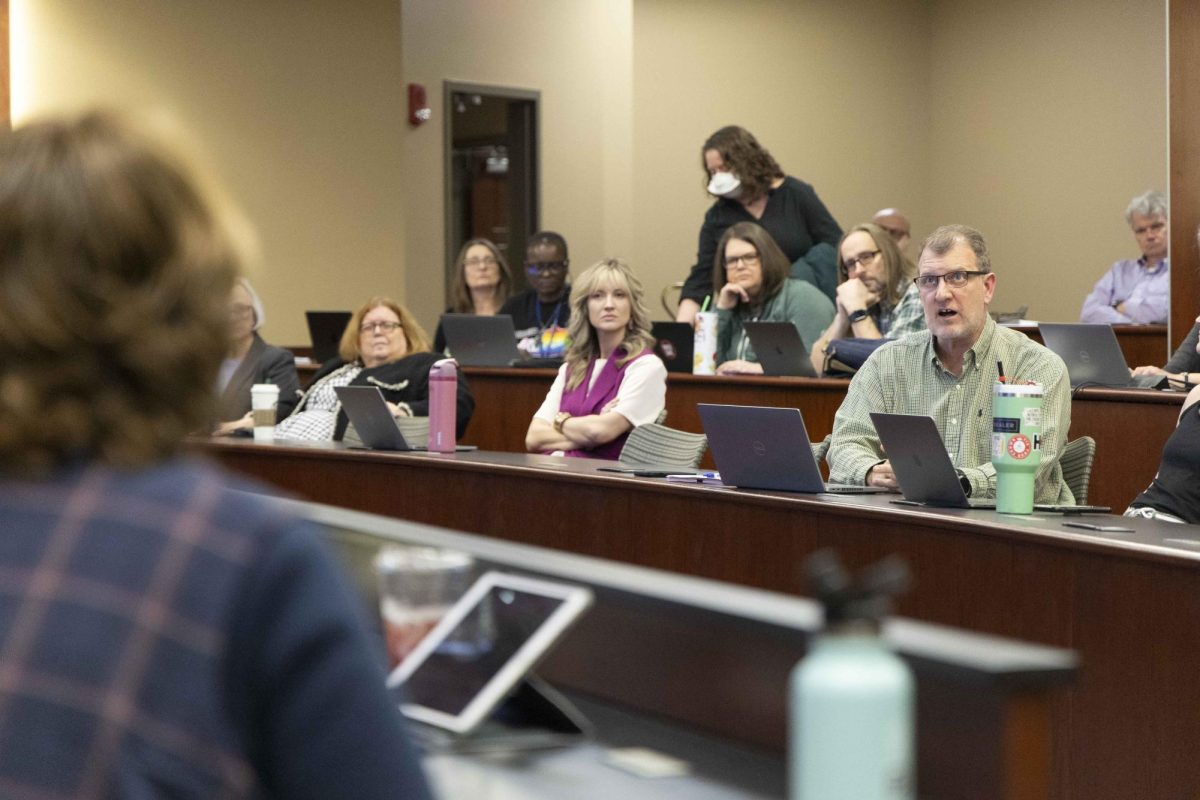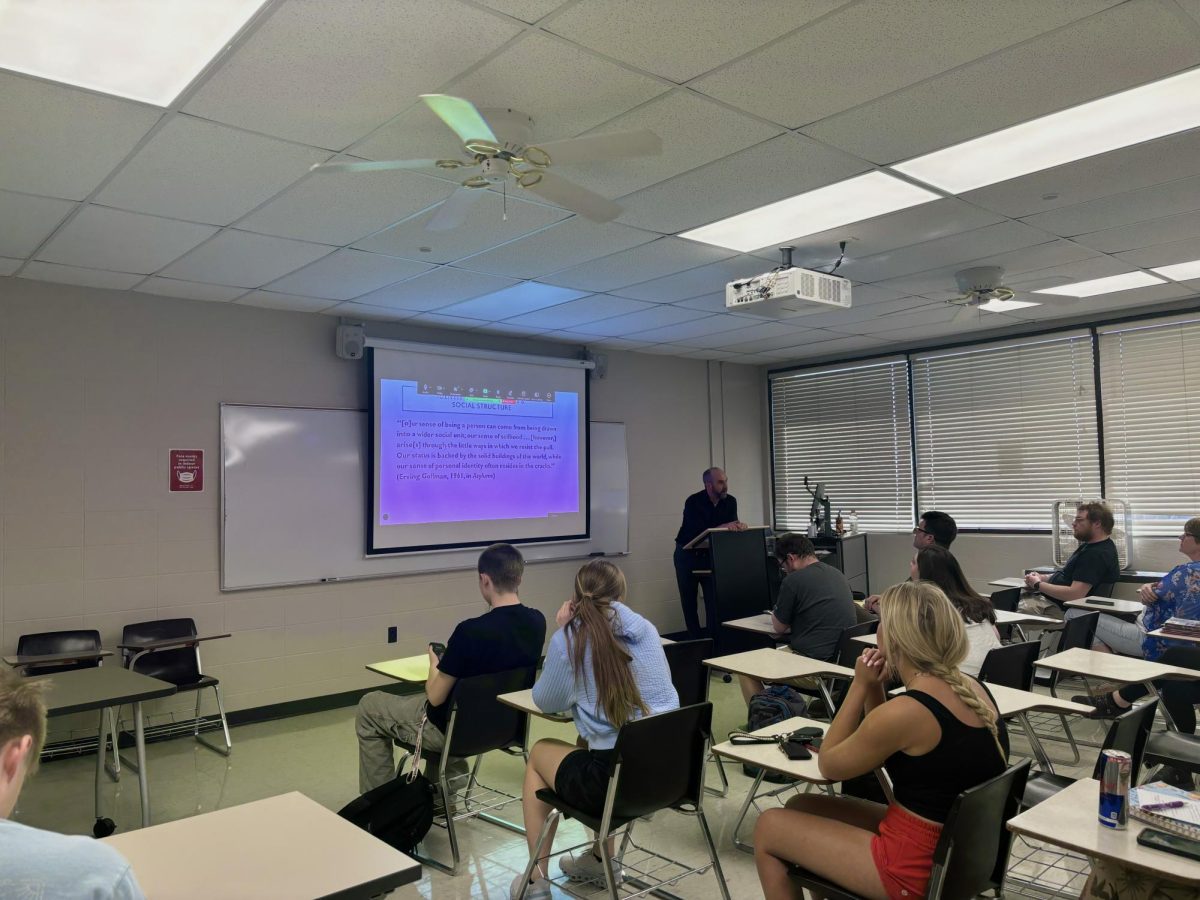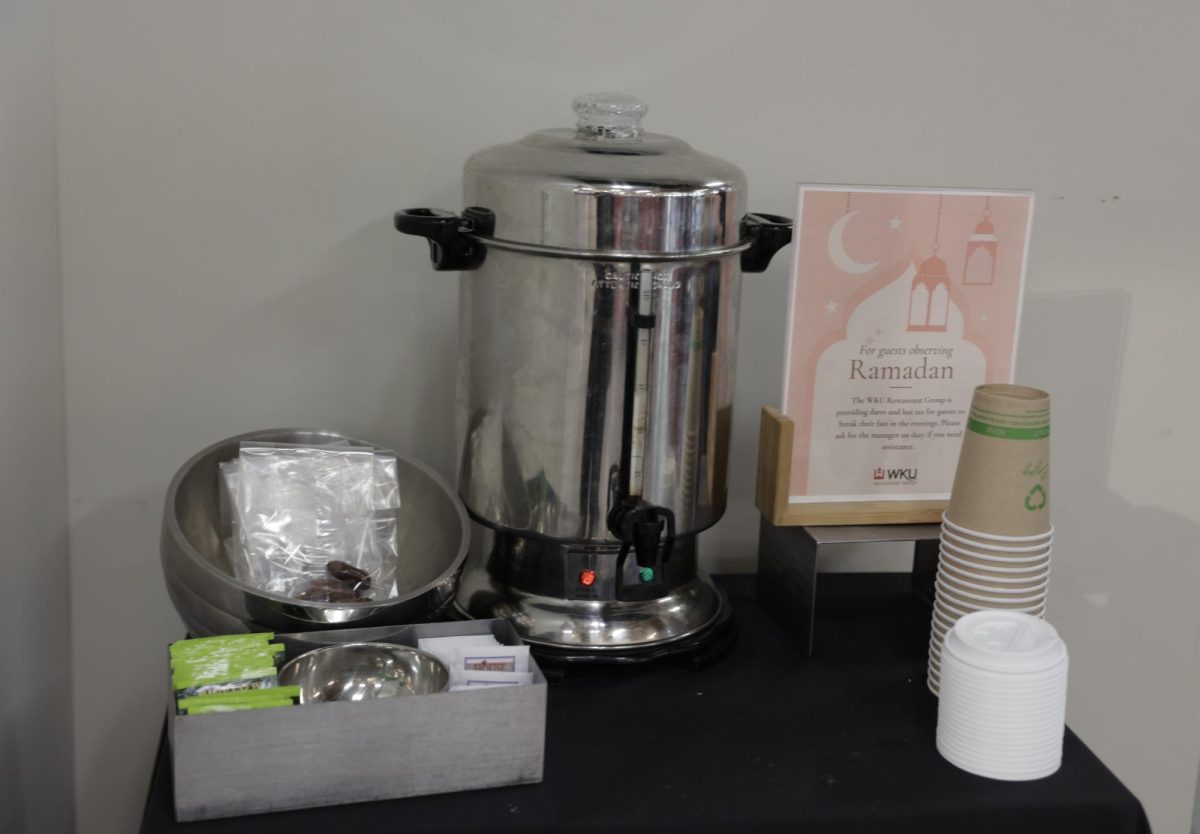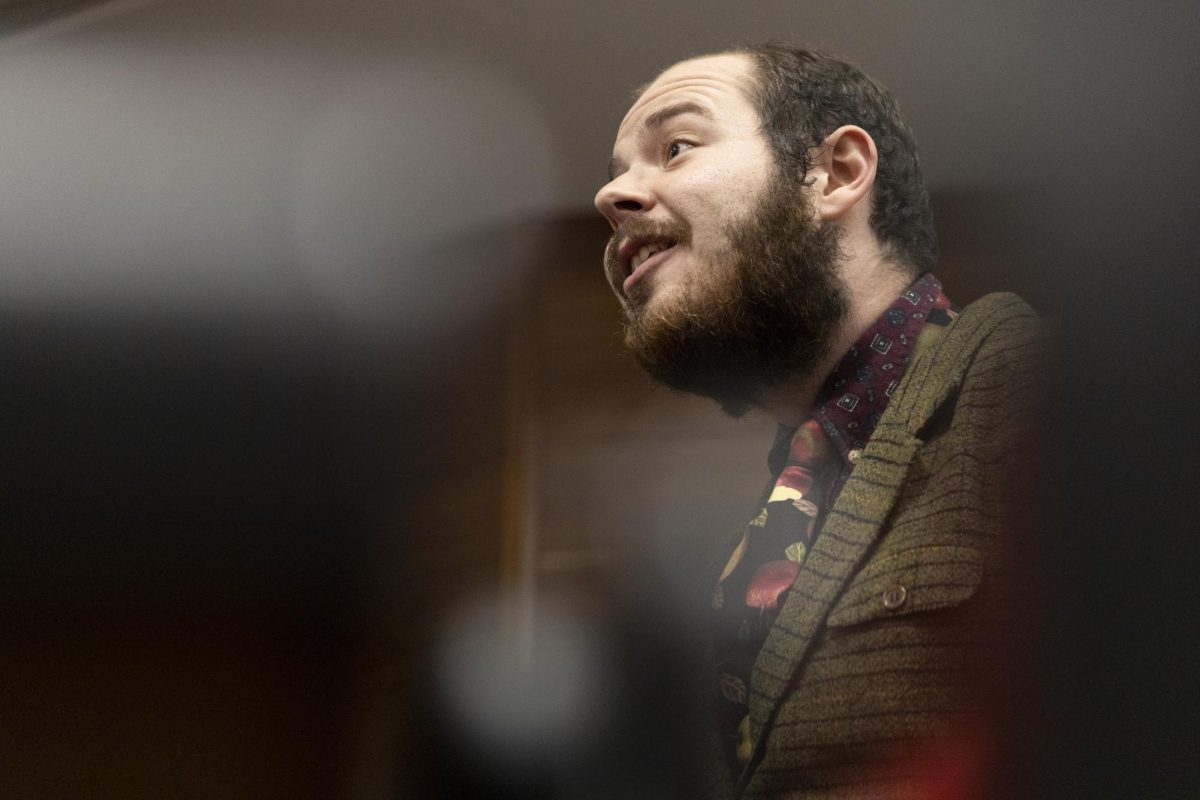Increased interests in crime carries criminology forward
June 14, 2019
In order to greater recognize the presence of the criminology program, the Department of Sociology has changed its name to the Department of Sociology and Criminology.
“The name change was basically facilitated by just the growing number of programs in criminology and, of course, the student demand for those programs” said Holli Drummound, professor of sociology and department head starting July 1.
According to the Board of Regents agenda from the May 10 meeting, a criminology minor has been offered at WKU since 1986, a Master of Arts in criminology since 2009, and a criminology major since 2014. The Board of Regents approved the name change from Department of Sociology to Department of Sociology and Criminology on May 10. As of the fall of 2017, 435 people enrolled in programs in the department.
Changing the name of the department helps increase the visibility of the criminology program at WKU, Drummond said. Before, there had been concern about having a criminology program at WKU with the College of Justice and Safety at Eastern Kentucky University, said James Kanan, associate professor of sociology and criminology. Now, the change has been approved, Kanan said.
“We ought to communicate right from the outset that we are a sociology department with a sizable presence in criminology, and so it seemed to make sense to just change the name of the department to sociology and criminology,” Kanan said.
This department works with several different groups in the community, including private law firms, Hope Harbor, and the Warren Regional Juvenile Detention Center. One group that the department does an internship with is the Bowling Green Police Department.
BGPD Field Operations Bureau Deputy Chief Penny Bowles graduated from the Department of Sociology in 1995 with a sociology major and a criminology and government minor. During her time in the program, Bowles did an internship at BGPD because the late Edward Bohlander, professor of sociology, recommended it to her.
“He said, ‘Even if you don’t become a police officer, you’ll see some things or be exposed to things that might help broaden your idea of what you wanna do,’” Bowles said.
When Bowles first came to WKU, she planned on becoming a lawyer. However, when she took and failed a 300 level criminal justice class her first semester, she thought she couldn’t go to law school.
“I think it all worked out the way it was supposed to work out,” Bowles said.
While Bowles was in the program, she took a penology class with Bohlander. As a part of that class, Bowles went to the Kentucky State Penitentiary in Eddyville, where the electric chair is kept.
“”It just kinda brings it to the front of it and then when you see people in jail and you wonder (about) their stories and what happened with their life, so it kinda brought everything full circle,” Bowles said.
Student demand is also fueled by the public’s interest in crime, which can be seen at points in history such as when people had an interest in bank robbers Bonnie and Clyde, Kanan said.
The 24-hour media cycle brings more information to people’s attention with more time to fill for reporters, Bowles said. When Bowles was a media officer, she noticed the change in the amount of information people were receiving when the 24-hour news cycle took hold.
“As a media officer, I knew to have information for those people to meet their deadlines,” Bowles said. “To help build rapport, we would give press conferences and different things based on the time that they need them.”
Now, people are hearing more about wrecks and accidents because lots of them make it onto the 24-hour news cycle, Bowles said. These accidents were still happening before, but now they’re being reported regardless of how big they are, Bowles said.
TV shows have also helped garner attention to the field.
Mandy McClusky, communication officer at the WKU Police Department, said she got into crime and criminology through the TV show “NCIS.”
“I knew it wasn’t realistic because none of those types of shows are realistic, but I kind of like the idea of working with the federal government, so that’s where my aim was when I first started,” McClusky said.
McClusky graduated with a Bachelor of Arts in criminology and sociology in 2019. McClusky knew that criminology was the way to get into government and law enforcement work. Sociology goes into so many different fields, McClusky said.
“You can take a sociology degree and really go anywhere because you’ve learned about people and systems and studying how the globe works,” McClusky said.
News reporter Lily Burris can be reached at 270-745-6011 and lily.burris203@topper.wku.edu. Follow her on Twitter at @lily_burris.








